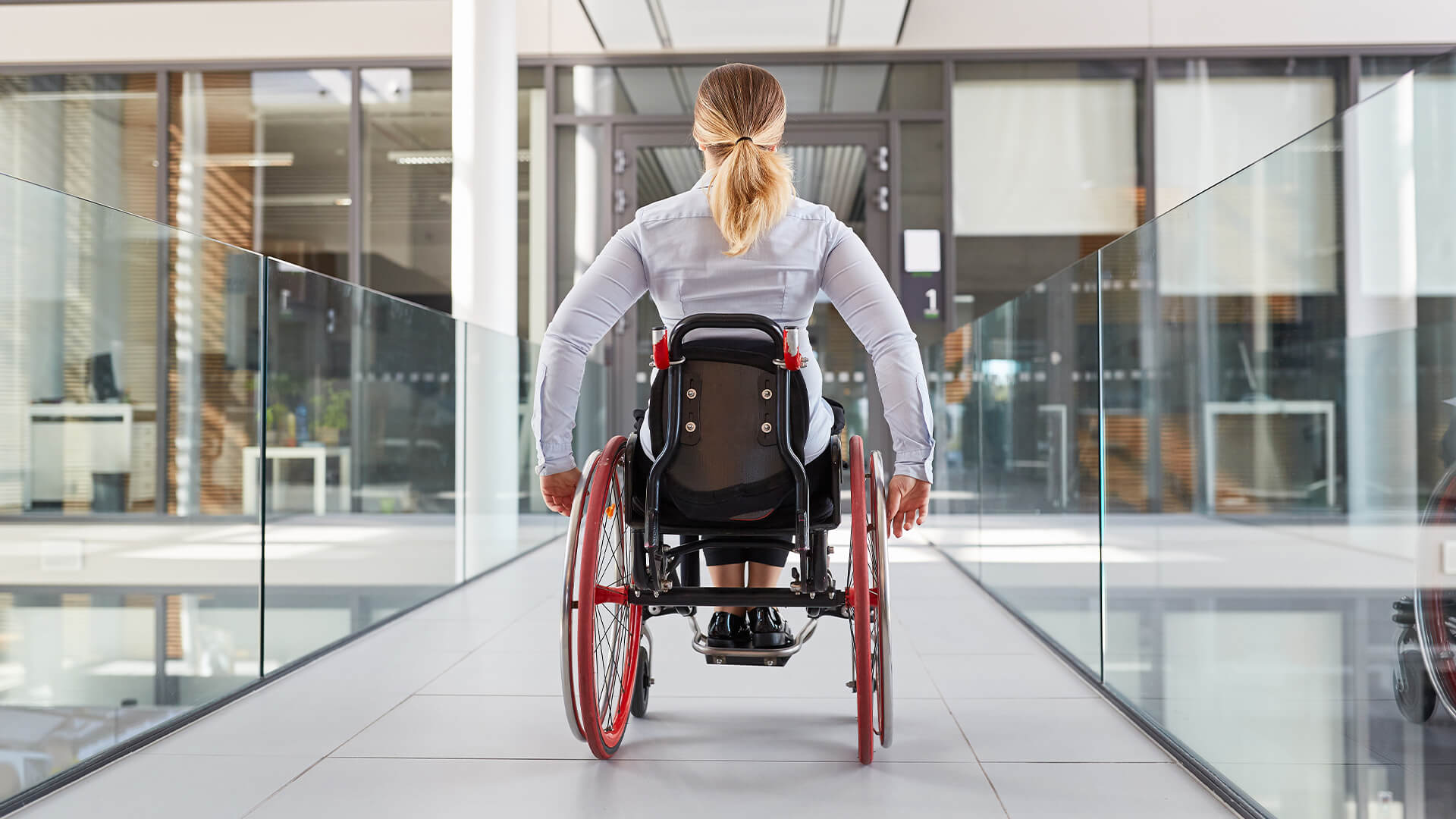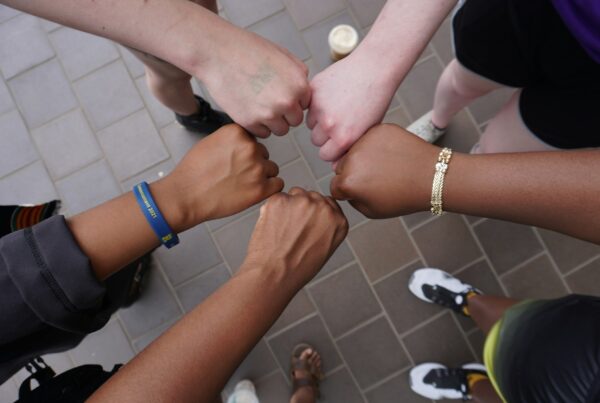Self-advocacy is an important and foundational skill that will assist your student in navigating the transitions from high school to college.
As your child prepares for their transition into college one of the best ways you can help them is to encourage them to develop their self-advocacy skills. This means encouraging your student to express their needs, ask for help, and engage in personal decision-making.
For students with disabilities, self-advocating will be essential in getting academics, housing, and other disability-related needs met during college. It is important for students with disabilities and their families to understand what it means to transition to college with a disability and what steps to take to receive the necessary support from the institution. There are some significant differences between the secondary education and college accommodation processes.
Here’s what you need to know about the college disability services process:
1. Understanding the Legal Context
The accommodation process of secondary education is largely governed by the Individuals with Disabilities Education Act (IDEA). High schools are required to develop an Individualized Education Plan (IEP) or a Section 504 Plan for students to provide whatever support is necessary to assist a student to succeed in their learning environment. However, IDEA does not apply to colleges, where the accommodation process is governed by:
- Section 504 of the Rehabilitation Act
- Americans with Disabilities Act (ADA)
For college students with disabilities, institutions are required to guarantee equal access to educational environments and learning situations, not student success. The responsibility for identifying and addressing the needs of students will disabilities shifts from the school to the student in college. The onus of success is placed on your student.
2. Being a Self-Advocate
In college, your student will be required to disclose their disability status and request the necessary accommodation needs. Your student needs to understand their disability, their disability-related needs, and what works best for them related to their needs. Colleges provide a plethora of support services but your student will have to be responsible for seeking out those services. Is your student ready to advocate for their needs, ask yourself these questions:
- Can/how well does my student describe their disability information?
- Can/how well does my child self-advocate? What can I do to encourage them to take the lead role?
Once your student’s accommodations are in place, they will need to continue working with disability services and relevant faculty and staff around their ongoing accessibility needs. They will need to speak up if their accommodations needs are not being met or need to be adjusted. Advocating for their needs will be an ongoing process throughout their college experience.
3. Gathering the Documentation
Your student will be required to provide documentation that demonstrates their diagnoses, functional limitations, and the need for accommodations. Because reasonable accommodations are based on the current impact of a student’s disability it is important that documentation is current and comprehensive. In determining the necessary documentation needed for an accommodation request it’s important to review the institution’s Disability Services website for specific guidelines.
4. Determining the Accommodations
It is important to note that ADA is a civil rights act that ensures your student equal access to their educational experience. However, it does not guarantee academic success or entitle your student to accommodation. The institution is required to provide “reasonable accommodations” which include academic adjustments, program modifications, housing alternatives, and meal plan modifications. It is important to note that an institution is not required to eliminate or lower essential requirements, make modifications that would result in fundamentally altering a program or activity, or impose an undue burden on the institution. In developing accommodation plans, disability services are seeking to answer these questions: What barrier(s) does the student face, and what accommodations will provide them equal access to their college experience?
5. Developing a Partnership
Developing an accommodation plan is an interactive process. Your student will need to be able to share information about how their disability affects them and what accommodations have worked best for them in the past. Disability services will work with your student and their instructors, residence life, dining services, and other key institutional members to identify barriers and recommend reasonable accommodations. Once an accommodation plan is in place your student will need to proactively work with professors, student services staff, and disability services to successfully implement their accommodations. As your student advocates for their needs, it is invaluable for them to develop, nurture, and strengthen these partnerships with disability services, their professors, and other student services teams.
The college system is complex so it is important for your student to learn to advocate for themselves. Encourage them to practice now so they can get the most out of their college learning experience.
FGN-2760592PR-Y0324W










